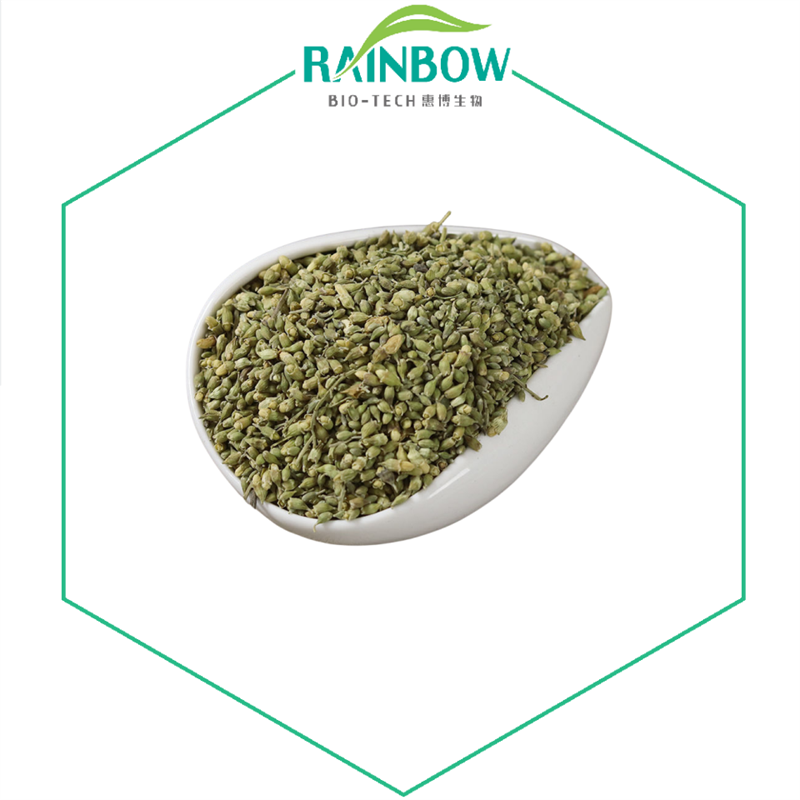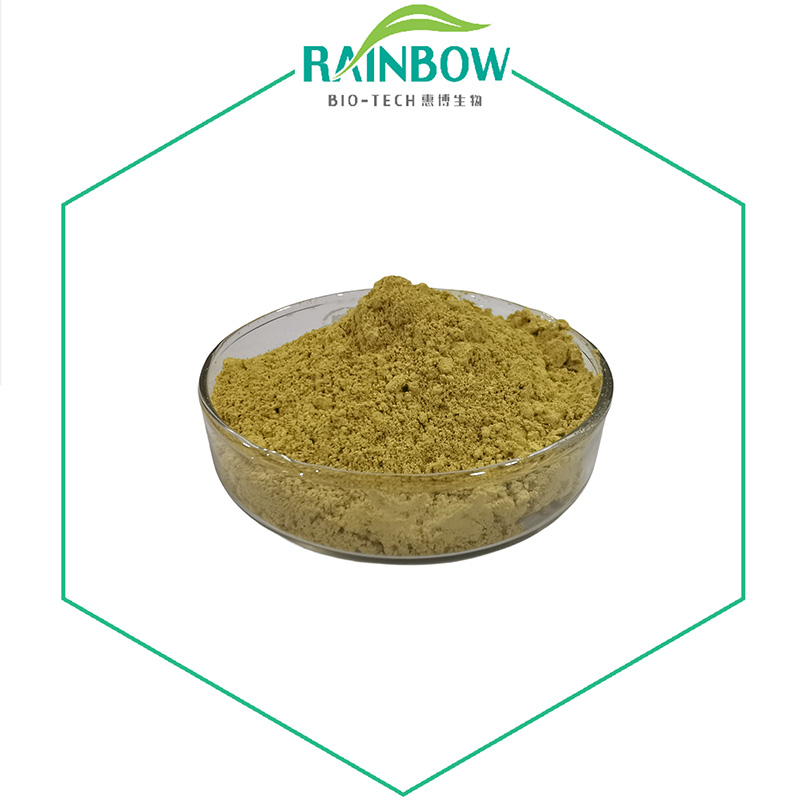
Products
get the purest Lycopene Powder Supplement
Benifits
Lycopene is a bright red pigment and a type of carotenoid that is commonly found in fruits and vegetables, particularly in tomatoes. It is responsible for giving tomatoes their vibrant red color. Lycopene is a potent antioxidant, meaning it helps protect cells from damage caused by free radicals. It is believed to have various health benefits, including:
Antioxidant Properties: Lycopene helps neutralize harmful free radicals in the body, potentially reducing oxidative stress and protecting cells from damage.
Heart Health: Research suggests that lycopene may help lower the risk of cardiovascular diseases by reducing inflammation, preventing the oxidation of LDL cholesterol, and improving blood vessel function.
Cancer Prevention: Lycopene has been associated with a reduced risk of certain types of cancer, particularly prostate, lung, and stomach cancers. Its antioxidant properties and ability to modulate cell signaling pathways may contribute to its anti-cancer effects.
Eye Health: Some studies indicate that lycopene may have a protective effect against age-related macular degeneration (AMD) and other eye conditions. It is believed to protect against oxidative stress in the retina and support overall eye health.
Skin Health: Lycopene may have protective effects against UV-induced skin damage and may help reduce the risk of sunburn. It has also been studied for its potential in improving skin texture, reducing wrinkles, and managing certain skin conditions like acne.
Lycopene is thought to be best absorbed by the body when consumed with some dietary fat, such as from olive oil. Tomatoes and tomato products, such as tomato paste or sauce, are the richest sources of lycopene. Other fruits and vegetables like watermelon, pink grapefruit, and guava also contain lycopene, although in smaller amounts.













